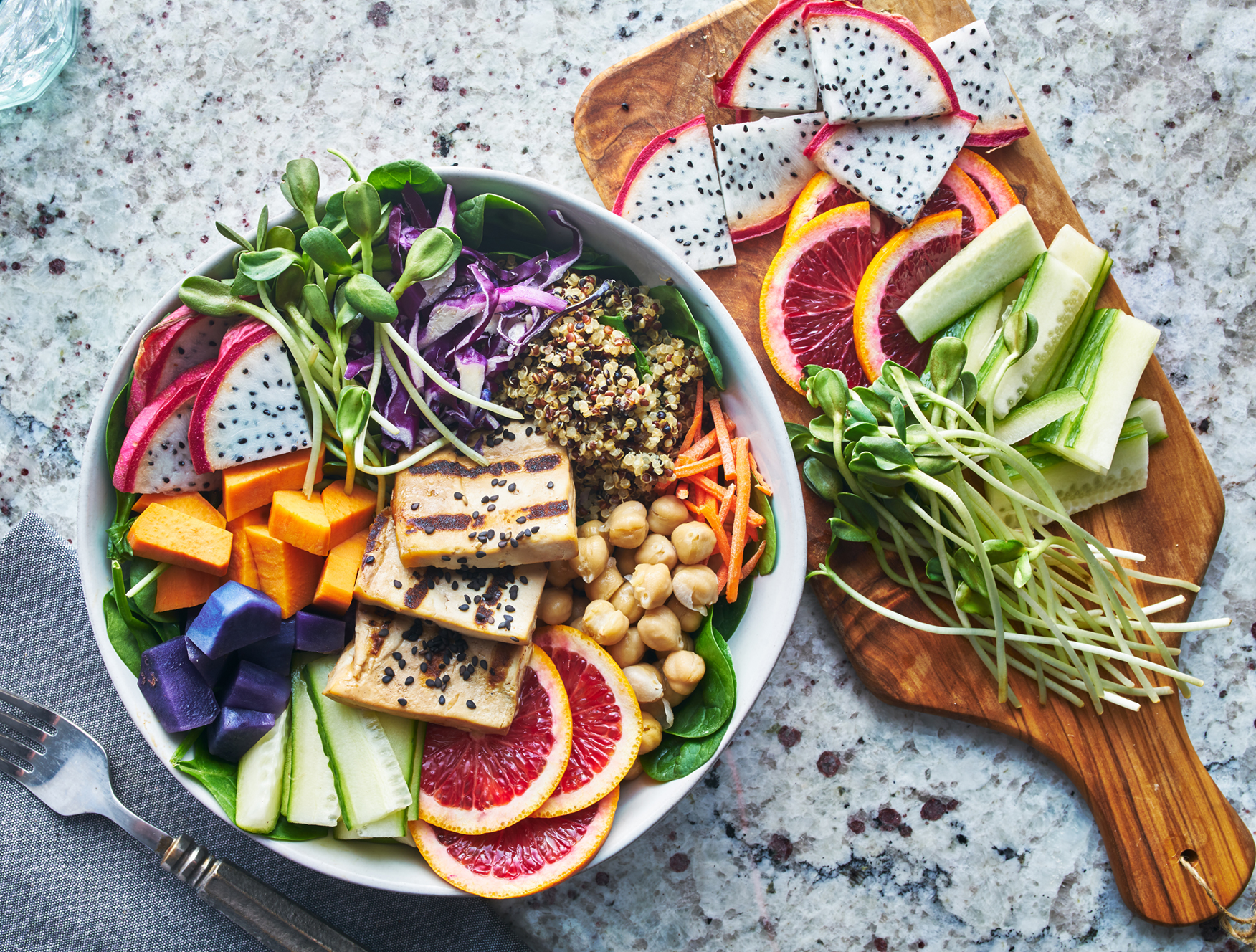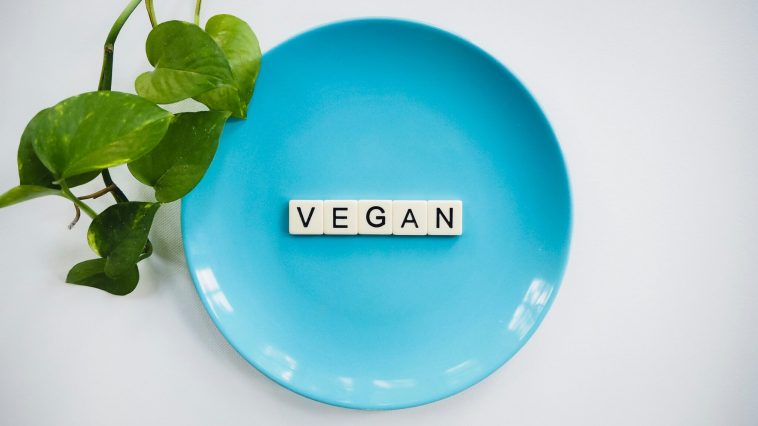We review the benefits and downsides of the vegan diet and have THE answer to this question.
Living a healthier and more responsible lifestyle is no longer just a fashion but a necessity.
The vegan diet is one of the trendiest options to have a healthy life. Not only because of its effects on the body but also because it is apparently responsible for our environment. But, is this really true?
To be sure that this is so, we must start at the beginning.
What is veganism?
When talking about the vegan diet, the first thing that comes to our minds is eating like bunnies, based on lettuce and carrots, but this is not the actual truth.
The vegan diet consists of avoiding animal products, which leaves a broad spectrum of foods to consume beyond vegetables.
Some of the foods allowed on the vegan diet are legumes, seeds, grains, fruits, nuts, and soybeans. Based on how strict are you being on your diet, there’s a wide spectrum of variety depending on the commitment you have.
Wide spectrum?
Strictly speaking, the vegan diet avoids all animal products, whether direct or indirect.
However, there is a range according to the level of commitment you have with this lifestyle and with the reasons why you’ve adopted it.
Some people allow themselves to consume animal derivatives such as milk, cheeses, yogurt, eggs, and honey since these are not animal meat. There are also those who supplement their diet with seafood products from time to time.
On the other side of the spectrum, are those who don’t consume any animal products, not only in their diet but in their lifestyle in general and therefore, elements such as wool and leather clothing are completely forbidden.
Health from the Holistic point of view: Body, mind, and environment.
Sticking to a vegan diet is a strictly personal decision.
The reasons to take this decision can vary: whether it is losing weight, improving some health conditions, experiencing a new lifestyle, protecting animals or contributing to a more sustainable planet are some and are totally valid.
Regardless of how strict the diet is, there are several tips that you should keep in mind if you want to switch to the vegan diet:
- Iron and B12: The sources of iron and b12 that are obtained in the vegan diet are not metabolized in the same way as those from meat products; therefore, it is important to keep these levels in the body constantly checked and, if necessary, take supplements.
- Omega 3: These fatty acids are essential for the health of the heart, brain, and eyesight and are normally found in eggs and fish. However, you can replace them with high amounts of nuts, hazelnuts, almonds, and seeds such as chia or flaxseed.
- Sustainability: One of the moral reasons for which choosing the vegan diet, is because of how destructive it is for the environment to raise animals for human consumption, therefore, to be consistent with this, it is extremely important to buy local products and, if possible, organic crops, since this avoids contamination caused by transport and agrochemicals.
- Sugar: Always check the labels well since many vegan products are loaded with high doses of sugar and corn syrup just to get a “better” flavor and this eventually only causes greater damage to the body.
In conclusion, the vegan diet is healthier than a diet with animal products. However, for this to really have a positive impact on ourselves and society. Rather than just a diet, you must assume it as a lifestyle.




